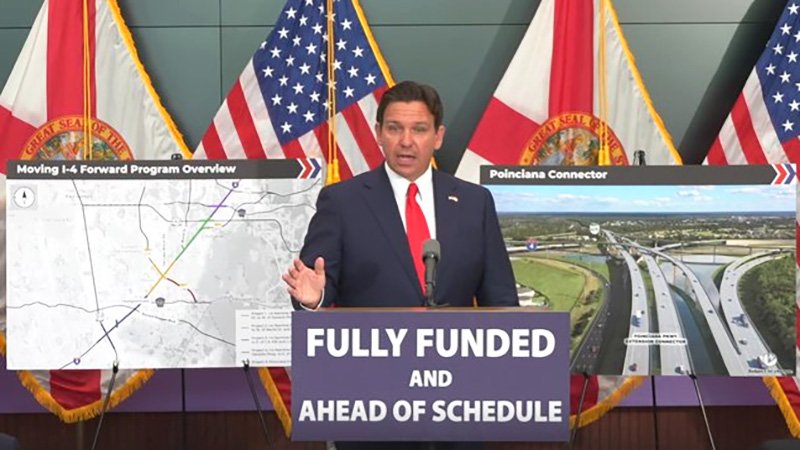In this episode of the Strong Towns Podcast, Chuck explains how election years affect a nonpartisan nonprofit like Strong Towns. It’s kind of ugly, but it doesn’t change our mission.
Read MoreIt's difficult to find an accurate political label for Strong Towns. That’s because the way that we as a society talk about politics is structurally dysfunctional. A new, more nuanced way of talking about politics can help us better understand the movement — and how it unites people from all walks of life.
Read MoreToday, I’m going to show you what election years do to a nonprofit like Strong Towns, one dedicated to working from the bottom up, with everyone, regardless of how messy those relationships can be. It’s kind of ugly.
Read MoreChuck was recently challenged to come up with five things that the next president, whoever they end up being, should do once they’re in office. In today’s episode of the Strong Towns Podcast, he shares that list and explains why each item is important to building a stronger America.
Read MoreWhat we pay attention to shapes what we love. So, as national problems and politics take center stage, let’s remember to pay attention locally, too. It’s where we can make the biggest impact and build the most endurance for the work ahead.
Read MoreIf there's a single document that reflects the spirit of our work and the essence of the Strong Towns movement, it's the "Don't Be a Jerk" Agreement that we ask all Local Conversation leaders to sign. As the movement continues to grow — and as Election Day draws near — we want to make this agreement public.
Read MoreFlorida Governor Ron DeSantis signed legislation to accelerate road projects, claiming it will make driving less miserable. However, driving in Florida isn’t miserable because of a lack of roads —it’s miserable because the road network is designed in nonsensical, dangerous ways that increase congestion and make it impossible to drive anywhere in a straight line.
Read MoreIn our extremely polarized political climate, it may seem impossible to get anything done. But even as federal politicians stay locked in stalemates, American governors are fighting for increased cooperation across party lines.
Read MoreAs the U.S. enters another election year, many Americans are going to be engrossed in the conversation about national politics. And many of our readers want to know where Strong Towns stands on the issue.
Read MoreEvery four years, a small but vocal portion of our audience calls on Strong Towns to react to the politics surrounding national elections. This is our response.
Read MoreAmerican cities are too dependent on cars. Who says so? North Dakota Governor and former Republican presidential candidate Doug Burgum.
Read MoreSome complain that getting rid of parking mandates is just an underhanded way of making auto use harder and harder in cities. But harder for whom, exactly?
Read MoreBefore attempting to apply any political label to this movement, it’s important we acknowledge the structural dysfunction within our current political language.
Read MoreThe Strong Towns movement defies political categorization, and that can be confounding for some. Here’s a response by Autonorama’s Peter Norton to a recent conversation about Strong Towns’ political leanings (or lack thereof).
Read MoreAdvocating for stronger towns eventually means engaging with your city’s systems of governance.
Read MoreOn today’s episode of the Strong Towns Podcast, Chuck Marohn dives into controversies surrounding the concept of the 15-minute city.
Read MoreOne would expect a Republican governor to endorse free-market solutions on a local level, yet housing and zoning tend to scramble traditional political debates in unexpected ways.
Read MoreThe Reckless Driver™ narrative reaches a whole new level of absurdity, associating reckless driving with failure to vaccinate against COVID-19.
Read MoreLauren Fisher joins Chuck Marohn to talk about the Strong Towns approach to communication, as well as the power of thinking locally in our current political atmosphere.
Read MoreSometimes, it’s worth it to take a step back from national news and pay attention to the things that are happening in your own community.
Read More



















